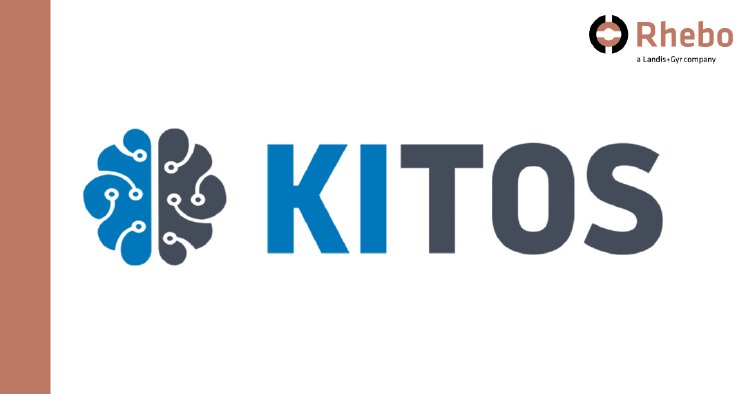- KITOS research project focuses on AI algorithms for resilience of complex industrial networks
- AI-driven network management to support Time Sensitive Networking (TSN)
- Rhebo provides technology for training of automated threat detection and mitigation mechanisms
Rhebo supports the research project KITOS (Artificial Intelligence for Dynamic Optimization of Network Management) as an associated partner. The €5 million project, supported by the German Federal Ministry of Education and Research, explores the use of artificial intelligence (AI) for security and availability optimization of OT (Operational Technology) networks. The aim is to develop methods and technologies for industrial networks that have the necessary dynamics and functions to automatically detect and eliminate threats.
The project uses Rhebo's Next Generation OT Intrusion Detection System (IDS) to identify and gain a better understanding of communication processes and threats in industrial networks. By combining OT monitoring, intrusion and threat detection, the cybersecurity solution detects any communication changes within OT networks and provides the forensic data as machine-readable data files. This data is critical to the design and successful training of the AI software.
The project develops a generalist network management concept intended to be applied to the emerging communication technology Time Sensitive Networking (TSN). AI mechanisms are to support and automate the threat detection and mitigation mechanisms.
“OT networks are becoming increasingly complex as digitalization progresses,” said project coordinator Janis Zemitis, explaining the incentive behind the project. “The networks run time-sensitive applications and processes. Therefore, it is imperative that threats can be detected and eliminated early in the process. However, due to the increasing complexity of both the networks and possible risks, this cannot be done manually, but must be automated and supported by the precise integration of AI.”
Enabling the Best Possible AI Training
“In order for AI algorithms to run correctly and reliably, they require vast amounts of training data,” added Dr. Frank Stummer, Business Development Manager at Rhebo. “After all, especially in time--sensitive and critical processes, even short-term downtimes must be avoided, whether due to overlooked malfunctions or incorrect blocking of communication. OT monitoring with both intrusion and threat detection not only provides an accurate picture of the communication running in an OT network – it also provides seamless and detailed early information about potential expected disruptions.”
Rhebo's OT cybersecurity solutions enable industrial companies and electric utilities to detect and protect against cyberattacks and technical error conditions in their OT and IoT networks at an early stage. Among others, Rhebo supports Sonnen GmbH, Thüringer Energienetze, Stromnetz Hamburg and Leipziger Wasserwerke in this challenge.
In addition to Rhebo, other organizations working on the project, which will run until 2023, include Bosch Rexroth, Codesys, the Eberhard Karls University Tübingen, Hilscher, Hirschmann, the Robert Bosch GmbH, the Technical University of Dresden and Wago. The German Research Center for Artificial Intelligence DFKI Kaiserslautern is responsible for project coordination.
For more information about Rhebo's OT cybersecurity solutions, visit www.rhebo.com.
Information about the KITOS project can be found at https://kitos-projekt.de/.


